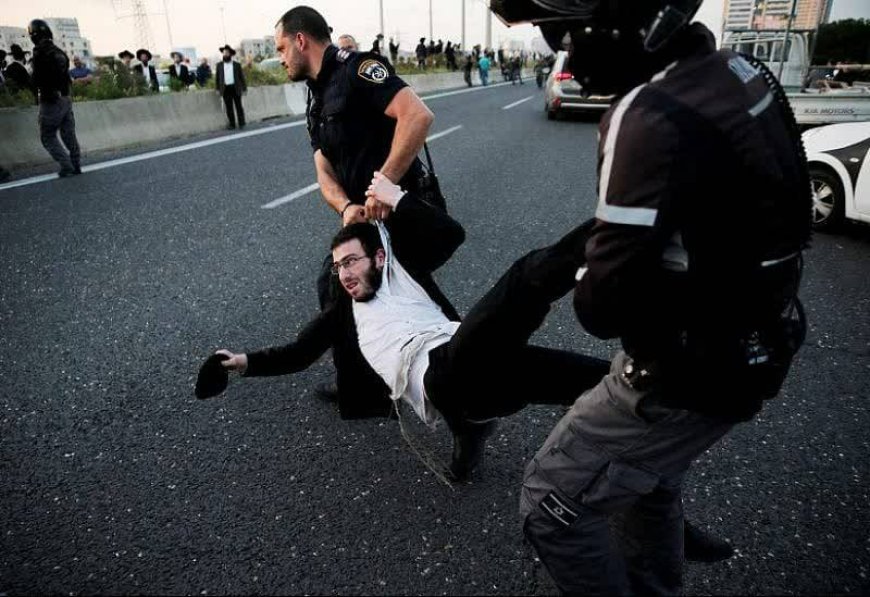The Road to Anarchy: How Violence Erodes the Fabric of Israeli Society
The Israeli society has long been associated with a high degree of violence. This violence is symptomatic of a society lacking originality and identity, stemming from the absence of a shared history, culture, and common identity among its members.

The founders of the Zionist regime were immigrants with diverse identities, cultures, and nationalities who converged from various corners of the world, forming colonies in Palestine. This absence of a common component for identification among society members has resulted in various consequences, most notably violence and tension, which have become pervasive in the occupied territories.
A recent survey conducted by the Ramat Gan Academic College sheds light on the prevalence of violence in Israeli society. The study reveals that a significant majority of Israelis have experienced some form of violence, be it at work, at home, within their families, on the streets, or even in cyberspace. According to the survey, violence in Israel is attributed to factors such as education at home or school, cultural influences, economic disparities, and the security situation.
However, the situation appears to be further exacerbated by a new concerning development. In a society already plagued by widespread violence, the introduction of a factor inherently prone to causing tension can lead to even greater unrest and anarchy. This factor is none other than the public distribution of weapons.
Under the pretext of countering martyrdom operations in the occupied territories, Itamar Ben-Gvir, the Minister of Internal Security of the Israeli regime, has proposed a plan to distribute firearms among Zionist settlers without significant obstacles. This controversial project is currently underway, eliciting deep concerns about its potential consequences.
In the past few days, Yisrael Avisar, the head of the arms licensing department at the Ministry of Internal Security, resigned in protest against Ben-Gvir's policy of granting widespread and illegal weapons licenses to Zionists. Despite Avisar's resignation, Ben-Gvir remains steadfast, proclaiming that the policy of distributing weapons to Israeli citizens who meet the necessary criteria will continue.
The extremist minister's argument is that increasing the armament of ordinary citizens will reduce and control martyrdom operations. However, even if this argument were valid, which it is not, this policy would not only fail to improve the security situation of the Israeli regime but would have the opposite effect.
It is conceivable that Netanyahu's plan will transform the regime into a modern-day Wild West. In a society where violence is already prevalent, with numerous individuals falling victim to it, one must question the potential consequences of arming the population with firearms.
Israel's Ministry of Welfare and Social Affairs has issued a warning, stating that Ben-Gvir's distribution of weapons will lead to an increase in violence within Israeli families. During the Operation Al-Aqsa Storm in the occupied territories, there was a significant surge in requests for weapons. Out of hundreds or even thousands of applications, only four were rejected based on the assessment that the applicants posed a danger. This highlights a concerning lack of oversight in the approval process for granting gun licenses.
In Israel, the unregulated distribution of weapons to individuals with a propensity for violence will inevitably become problematic for the very people it aims to protect. Instead of countering Palestinian operations, the distribution of weapons among settlers will only serve to exacerbate internal violence within society. This will further hinder the progress of a society already grappling with the absence of a unified national identity.













































